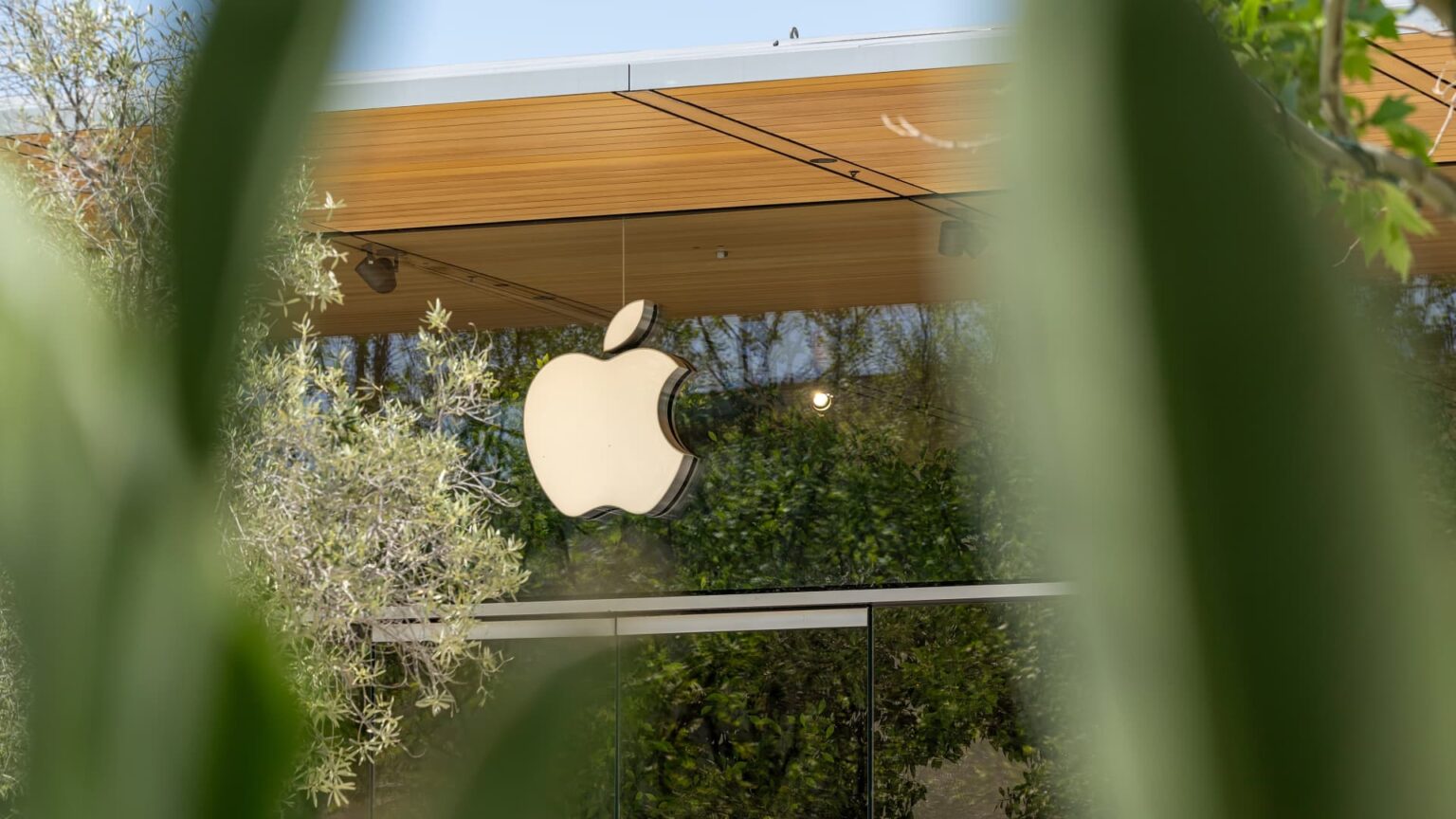An Apple store in Walnut Creek, California, U.S., on April 30, 2025.
Paul Morris | Bloomberg | Getty Images
Apple is asking a court to pause a recent decision in its case against Epic Games and allow the iPhone maker to once again charge a commission on in-app transactions that link out for payment.
Last month, U.S. District Judge Yvonne Gonzalez Rogers in Oakland found that Apple had violated her original court order from the Epic trial, originally decided in 2021, that forced Apple to make limited changes to its linking out policy under California law.
Judge Rogers’ new ruling is more expansive, ordering Apple to immediately stop imposing its commissions on purchases made for iPhone apps through web links inside its apps, among other changes.
Apple is now looking to get a stay on that order, as well as another one from the case that prevents it from restricting app developers from choosing the language or placement of those links, until the entire decision can be appealed. Apple says that required changes in their current form will cost the company “substantial sums.”
“This is the latest chapter in Epic’s largely unsuccessful effort to use competition law to change how Apple runs the App Store,” Apple said in the emergency motion for a stay. The motion cites a previous order in the case that found that new linking policies would cost Apple “hundreds of millions to billions” of dollars annually.
If Apple succeeds, it will allow the company to roll back changes that have already started to shift the economics of app development. Developers including Amazon and Spotify have been able to update their apps to avoid Apple’s commissions and direct customers to their own website for payment.
Prior to the ruling, Amazon’s Kindle app told users they could not purchase a book in the iPhone app. After a recent update, the app now shows an orange “Get Book” button that links to Amazon’s website.
Epic also plans to introduce new software to allow app and game developers to easily link to their websites to take payments.
“This forces Apple to compete,” Epic Games CEO Tim Sweeney said shortly after last month’s decision. “This is what we wanted all along.”
Apple said in the filing that “non-party developers are already seizing upon the Order to reduce consumer choice (and damage Apple’s business) by, among other things, impeding the use of” in-app purchases.
Rogers made a criminal referral in the case, saying that Apple misled the court and that a company vice president “outright lied” about when and why Apple decided to charge 27% for external payments. The real decision, the judge said, took place in meetings involving Apple CEO Tim Cook.
Wednesday’s filing from Apple doesn’t address Rogers’ accusations that the company misled the judge, but it does argue that the ruling was punitive. Apple’s lawyers also claimed that civil contempt sanctions can only coerce compliance with an existing order, not punish non-compliance.
Apple said earlier this week in a court filing it would appeal the contempt ruling.
“We’ve complied with the court’s order and we’re going to appeal,” Cook told investors on the company’s quarterly earnings call last week.
WATCH: Apple says it strongly disagrees with Epic Games decision

https://www.cnbc.com/2025/05/07/apple-says-epic-games-contempt-ruling-could-cost-substantial-sums-.html


